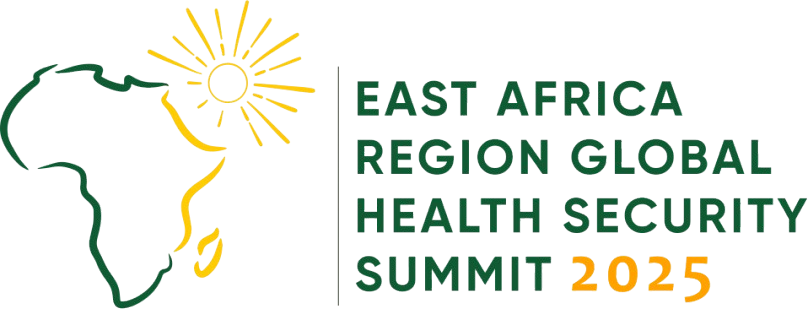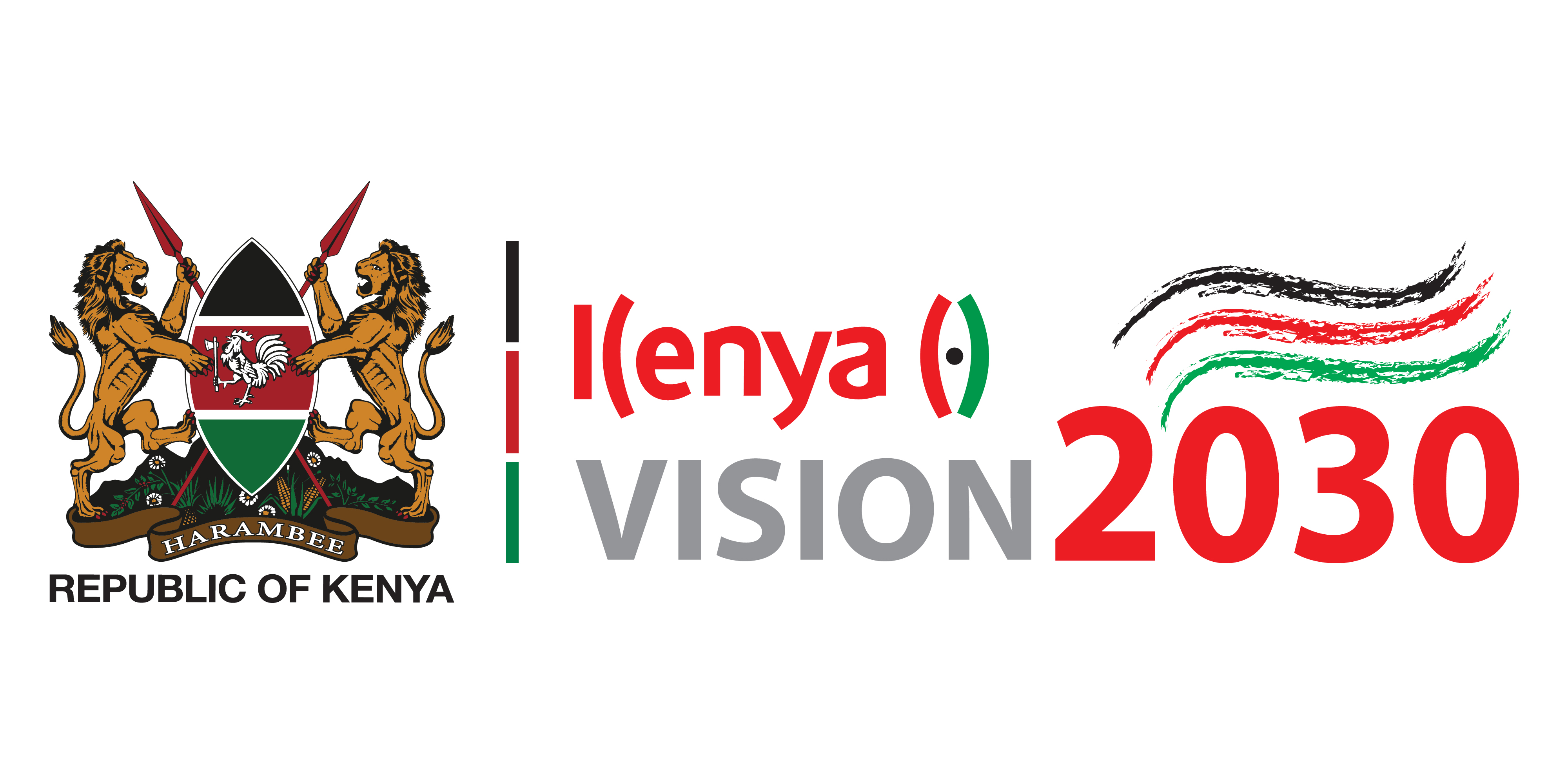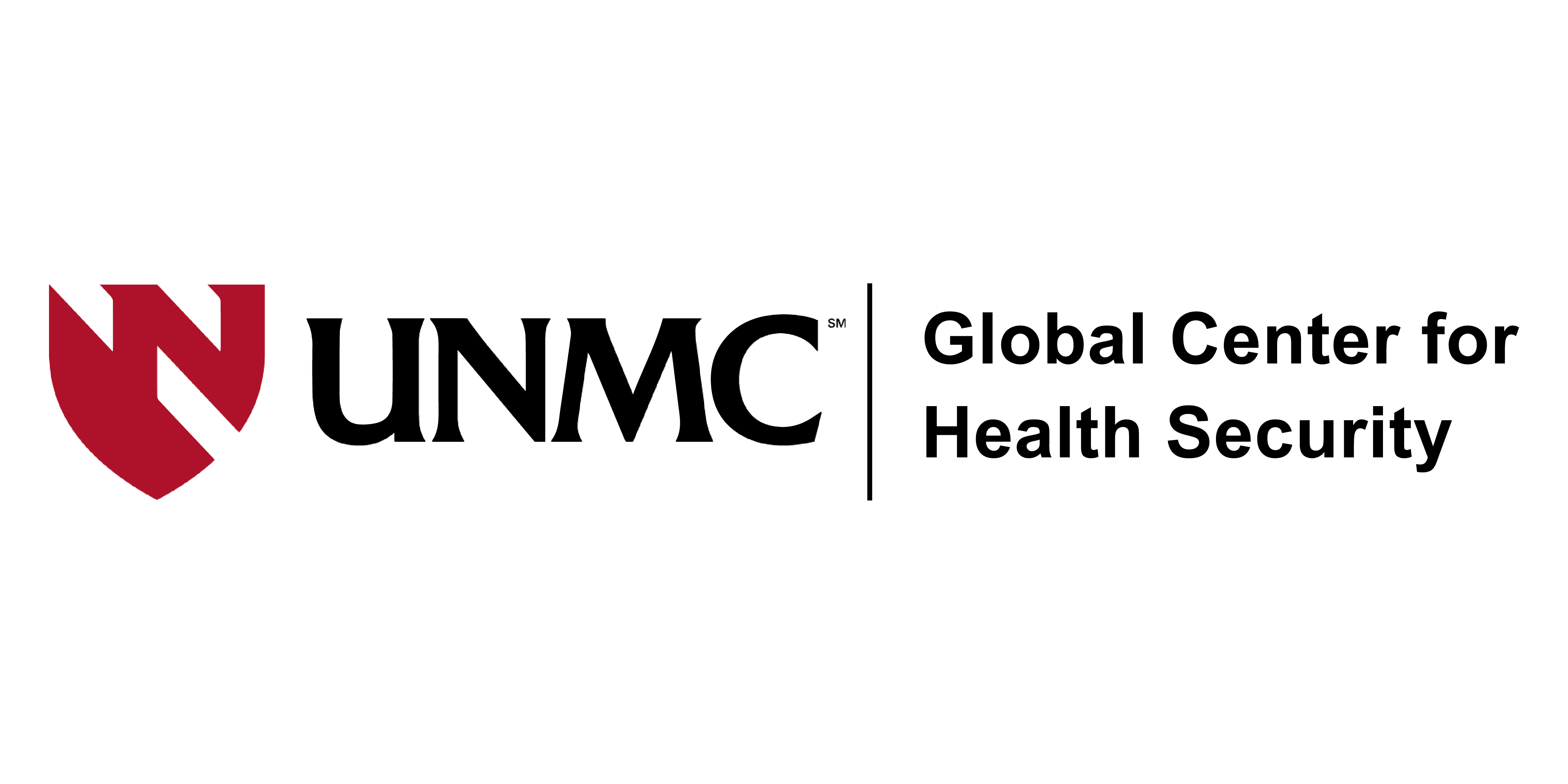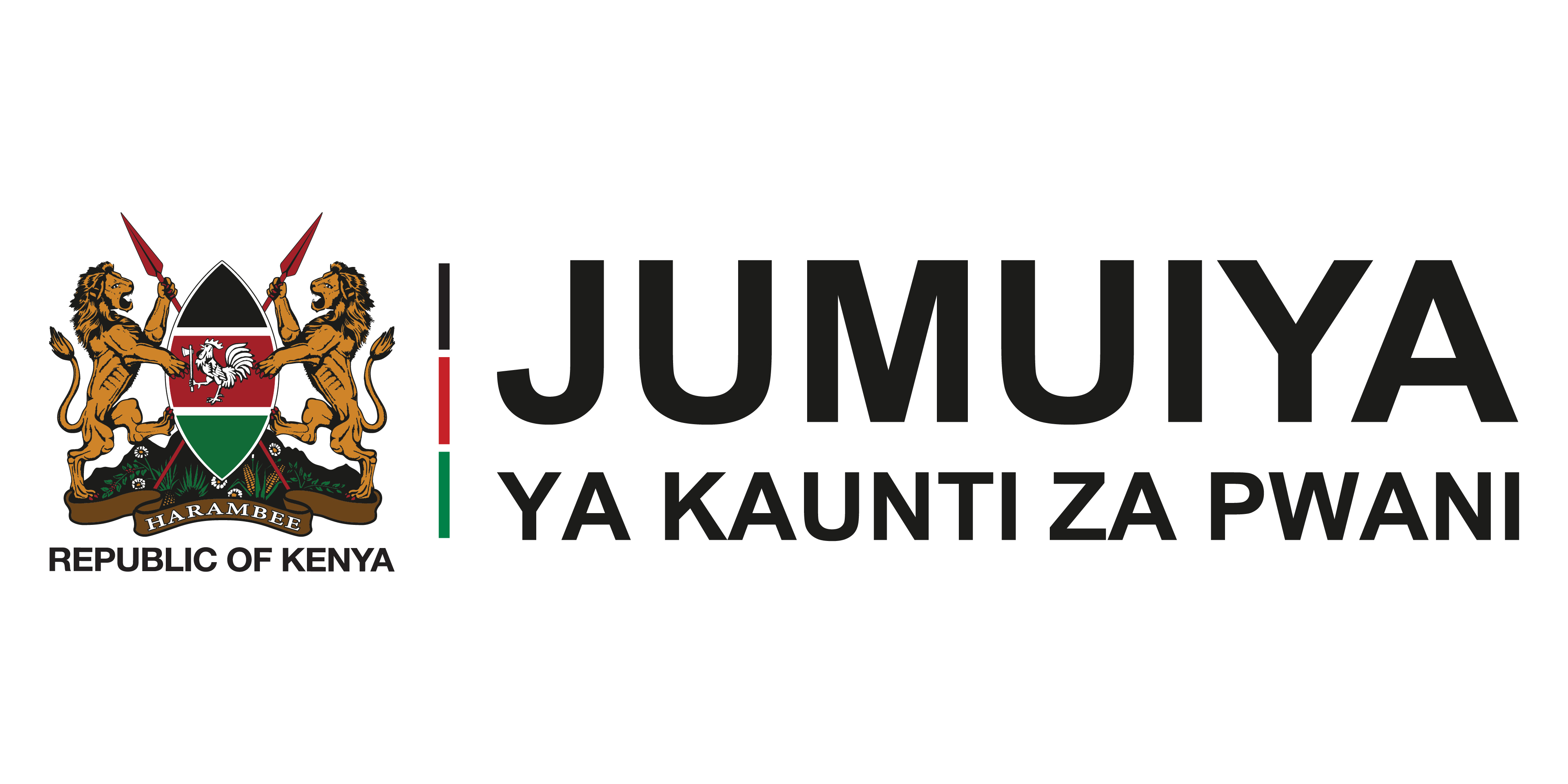Theme
Building a Resilient Future: Strengthening Communities for Global Health Security
Objective
To foster community centred dialogue and collaboration among diverse stakeholders, including community leaders, community health workers, youth, women, men and community-based organizations, to address critical issues in global health security, particularly as they relate to community-level experiences and perspectives.




